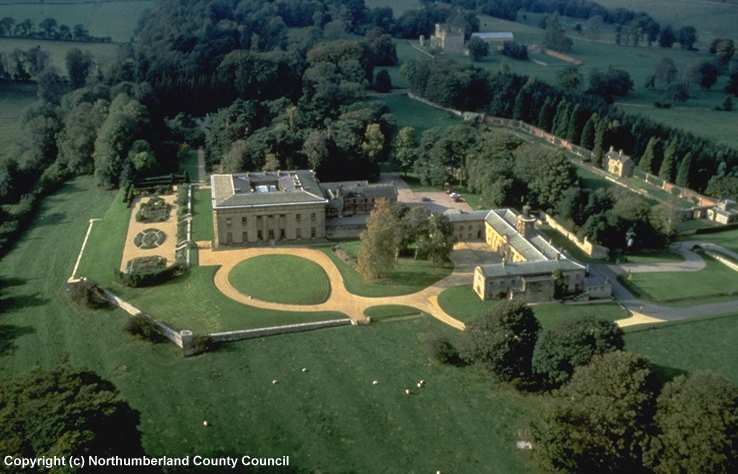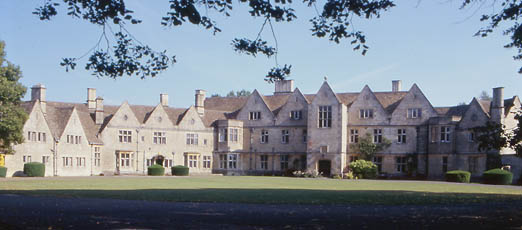Visions of your lands stretching far as you can see dance through your head, and you lay out the money for the larger stretch of land. Your pocket takes a pretty big hit in the short run. After all, purchasing land is not cheap. During the eighteenth century, buying a tract of freehold land costs on average between twenty and thirty times the annual rent of said tract.30 However, you discover having a large amount of land actually makes things somewhat easier these days. In fact, over the years, you actually expand your holdings, as owners of smaller areas of land become more willing to sell their land during this period, as they lack the means to compete with larger estates, which have bigger holdings and greater resources.31
Estates, large privately owned landholdings, are an important part of eighteenth-century England. The estate usually consists of a manor house, garden, park and surrounding areas. Estates often have their own facilities for certain types of manufacturing, but these are usually relatively small operations designed to produce goods for the estate itself and not for profitable retail sale. For much of history, estates were owned by noble families and members of slightly lower degree. However, throughout the eighteenth century, there is a rise in the number of estates owned by men who have recently come into wealth through trade or profession.32

Belsay Hall9

Roderman Manor10
Buyers seek land in part to diversify their investments and have greater financial security; for example, a merchant may wish to buy some land, an investment that is less risky than commercial business. Landownership also has a prestige and status that other professions lack, and this may often be more of a motivating factor for those who purchase land.30 Landownership is also a requirement for political posts. In 1710, there is a requirement of an estate yielding £600 per year for members of Parliament, and in 1732, one needs an estate worth £100 per year to be a justice of the peace. Lower posts might not require such large estates, but you will still need, for example, at least £1,000 of personal property to be a street improvement commissioner.33
The estate derives its primary source of income from leasing land to farmers. These farmers usually rent large portions of land in an attempt to maximize profitability. Rents vary from place to place and over time. In 1790, for example, the Board of Agriculture estimates that land is rented for about £88 per hundred acres. The theory of the time is that farms will produce about three times what the farmer consumes, with half the surplus covering the cost of seed, equipment and labor, and the other half covering rent.34
Your profits exceed your wildest dreams, and over the years, you make more money than you know what to do with. You decide you will invest some of it. One of your workers has recently informed you that he believes some of your lands have sizable mineral deposits, and investing in a mine could reap you large benefits. On the other hand, a friend of yours says the government will soon be issuing bonds to raise money for overseas wars, and those with abundant capital stand to make great gains in loaning to the state. What do you decide?